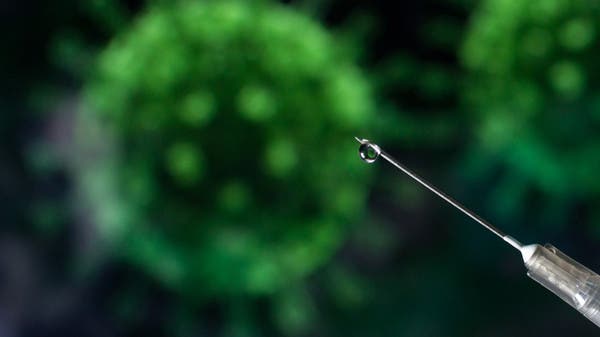
[ad_1]
Dr Catherine O’Brien, head of the immunology department at the World Health Organization, said it is possible for anyone who has received one or two doses of the Corona virus vaccine to be infected with the Covid-19, and that there is no vaccine in the world that offers 100% protection against disease.
Catherine’s comments were part of the 49th episode of the “Science in Five” program, presented by Vismita Gupta Smith, and broadcast by the World Health Organization on its official website and accounts on various social media platforms.
Dr Catherine added that the COVID-19 vaccines currently available are in fact incredibly effective vaccines.
She added that the results of clinical trials revealed, as is known, a measure of effectiveness with rates varying between 80 and 90%, which means that it does not offer 100% protection against diseases. .
No vaccine provides this level of protection against disease. It would therefore be expected that in any vaccination program, there would be rare cases among people who have been fully vaccinated and certainly among some people who have been partially vaccinated, i.e. those who have received the first dose of a two-dose vaccine. .
It offers protection and protection .. and reduces the severity of injuries
She added that this does not mean that vaccines don’t work, or that there is something wrong with vaccines, but rather that everyone who receives vaccines is not 100% protected, and that What the World Health Organization really wants to point out to people is that it is important It is very important to get vaccinated because these vaccines are effective and give a very good chance of not getting sick.
Dr Catherine O’Brien said that currently available data on infections in people who have been vaccinated indicates that the severity of the disease is less severe in people who have been vaccinated than in those who have not.
So, of course, vaccines are primarily aimed at preventing COVID-19 disease, and in the worst-case scenario, if the infection occurs in fully vaccinated people, the complications are less severe.
expressive
Rare cases and bad practices
Catherine explained that WHO experts are carefully monitoring the situation, regarding cases of infection among those who have already received the vaccine, which she describes as rare cases, and at the same time we cannot say they are unexpected, but they do. did not occur in the same way among all groups that received doses. The vaccine, because people at increased risk of contracting COVID-19 are those with weakened immune systems and older people.
Thus, there is no equal risk factor for contracting COVID-19 after being vaccinated.
The second point, she added, is that more infections are appearing, among those who have received the vaccine, in part because people stop adhering to recommended precautionary measures, which reduce the transmission of HIV. SARS-CoV-2 infection. Therefore, when the virus begins to spread more frequently and at higher rates, there is a greater chance of infecting everyone, including those who have been vaccinated.
The feasibility of receiving the vaccine and the way to survive
The UN expert responded to a question from Vismita Gupta-Smith on some questions about the possibility of Covid-19 infection even after a full vaccination (i.e. after receiving two doses of vaccine), and if there is a possibility of passing the infection on to others, what is the reason for getting vaccinated This is a question many people are already asking, she said, and she really wants to emphasize that vaccines do a number of different things to protect people who are vaccinated and others around them.
She pointed out that it has already been clarified that the main function of vaccines is to protect the recipient from contracting the disease, and that in the event of infection, it will be rare cases among those vaccinated, in addition to the makes the disease situation less severe for a shorter period of time than what would have happened if the person had not been vaccinated.
The third point is that what vaccines do is they reduce the transmission of the virus from person to person because there is a lower density of the virus in the nose and back of the body. throat, and therefore the risk is less than it will be. transmitted to another person.
Dr Catherine stressed the importance of stopping the transmission of the Corona virus and its variants, by receiving the available vaccines while respecting all the precautionary measures related to hand hygiene, physical distancing, be in well-ventilated areas and wear protective masks, especially when people are being vaccinated.
She also stressed that now is not the right time to reduce compliance with precautionary measures, especially since we live in societies where large quantities of vaccines are not yet available.
A statistic from “Reuters” showed that more than 205.84 million people were infected with the emerging coronavirus worldwide, while the total number of deaths resulting from the virus reached four million and 515,133.
Infections with the virus have been recorded in more than 210 countries and regions since the discovery of the first cases in China in December 2019.
Source link